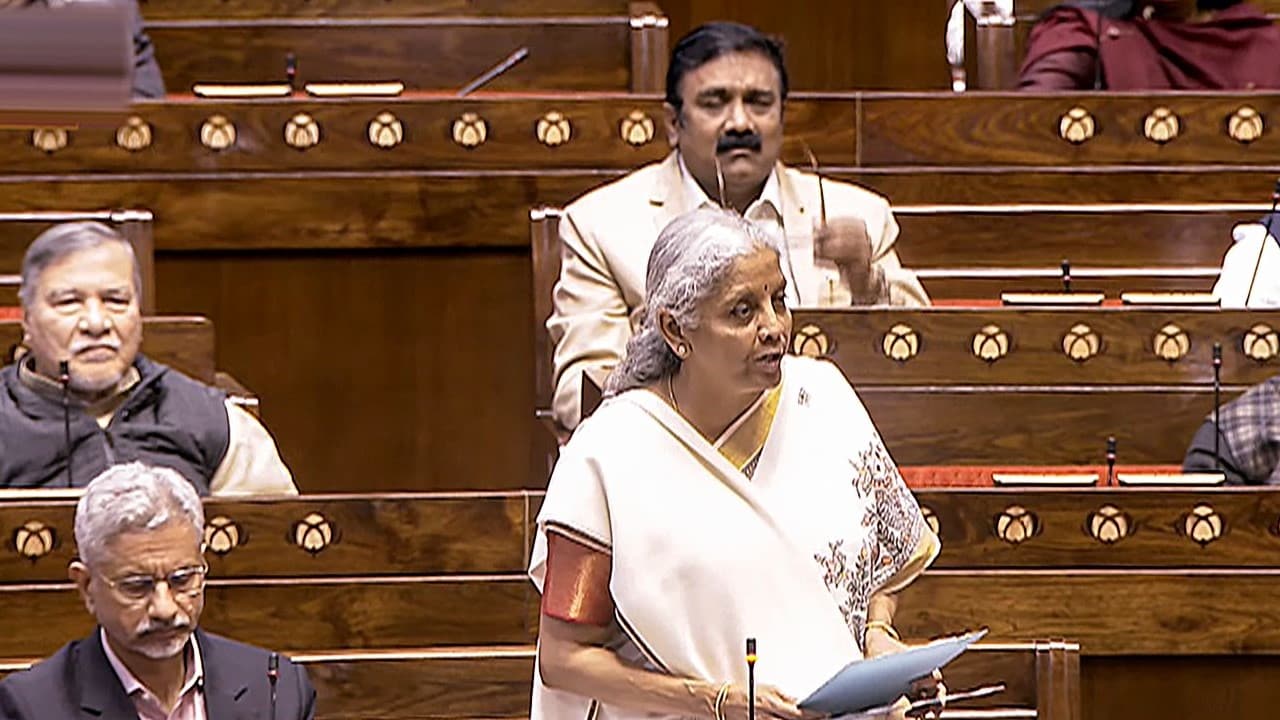
One of the budget’s headline announcements was the revision of income tax slabs, a move expected to provide significant relief to taxpayers and encourage spending. The government is set to forego ₹1 lakh crore in direct tax revenue to fuel consumption, a strategic push aimed at driving economic activity.
Balasubramanian highlighted the impact of this move, emphasising that a large segment of the middle class falls within the ₹12 lakh income bracket. “It is a huge relief and a boost, I think, for the middle class,” he stated. However, he noted that the success of the tax incentives will depend on how much of these savings translate into actual consumption rather than being directed toward debt repayment or savings. “It’s important for policymakers to ensure that these potential savings are channelled into real consumption,” he added.
The budget also reaffirmed the government’s commitment to fostering entrepreneurship and innovation. Kunal Bahl, co-founder of AceVector, lauded the replenishment of the ₹10,000 crore Fund of Funds, calling it a transformative step for the startup ecosystem.
“We are a startup nation, and I think this was a startup budget in many ways,” Bahl said. He underscored the long-term impact of the Fund of Funds, which seeded 140 venture capital firms over the past decade, catalysing ₹91,000 crore in investments for domestic startups. With fresh capital injected, he hopes for a faster deployment cycle—within three to five years rather than ten—enabling sustained support for Indian startups and domestic venture capital firms.


